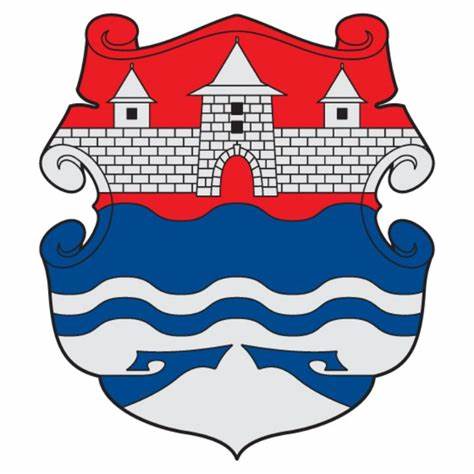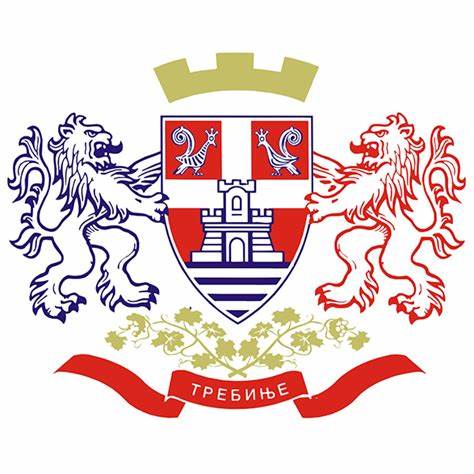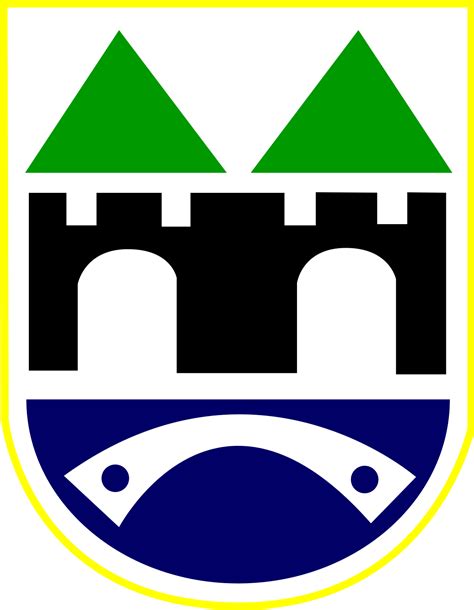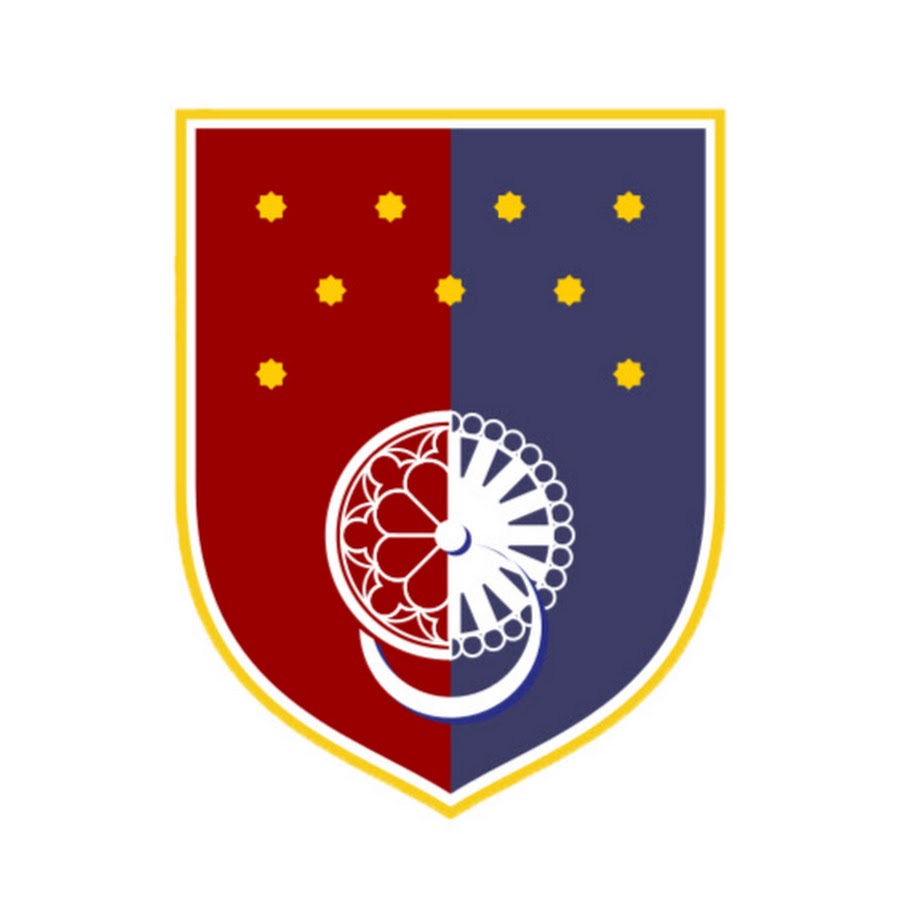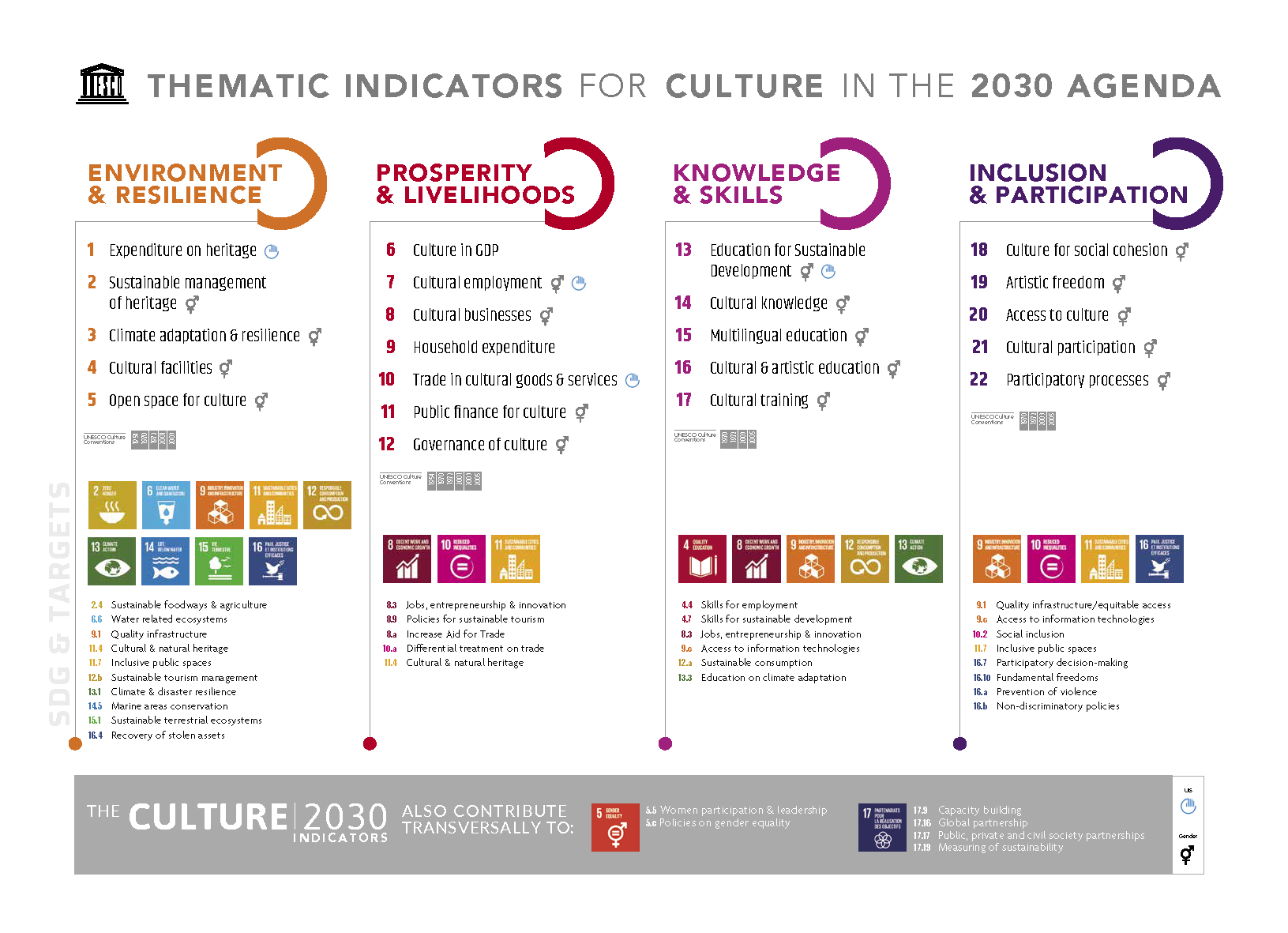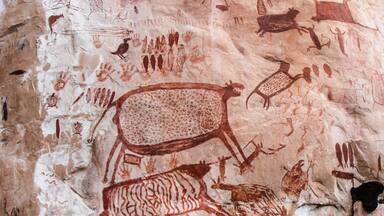Partners
Implementation of the UNESCO Culture|2030 Indicators in Bosnia and Herzegovina and the cities of Ljubuški, Banja Luka, Trebinje, Mostar, Sarajevo and the Canton of Sarajevo is with the support and partnership of the Ministry of Civil Affairs and the cities of Ljubuški, Banja Luka, Trebinje, Mostar, Sarajevo and the Canton of Sarajevo.
This is part of the pilot implementation in South - East Europe, overseen by the UNESCO Regional Bureau for Science and Culture in Europe in collaboration with the UNESCO World Heritage Centre in Paris.
Brief
The UNESCO Thematic Indicators for Culture ( UNESCO Culture|2030 Indicators) is a framework of thematic indicators whose purpose is to measure and monitor culture’s enabling contribution to the national and local implementation of the 2030 Agenda for Sustainable Development. It has been developed with the UNESCO Institute for Statistics (UIS) and other partners.
It provides 22 indicators grouped in four thematic dimensions:
Environment & Resilience
Prosperity & Livelihoods
Knowledge & Skills
Inclusion & Participation
Each dimension is linked to the sustainable development goals and the UNESCO Culture Conventions.
‘SDG 5’ on Gender equality and ‘SDG 17’ on Partnerships are cross-cutting across the dimensions. Additional indicators are also under development to measure culture’s contribution to 'SDG 16 on peacebuilding
Stakeholders
While relying in priority on national statistical institutes, the UNESCO Culture|2030 Indicators will seek to bring together a variety of data sources, including from different ministries, observatories and public agencies, information systems for culture, specific barometers, specific national and regional surveys, and professional volunteer organization. The project will also support countries to enhance existing data within the UNESCO Culture Conventions periodic reports as well as the cultural data produced by UIS.
This process is highly collaborative engaging a wide of range of stakeholders involved in the policy spectrum, Ministries, departments, agencies operating in the four thematic dimensions of the framework (e.g. culture, development and planning, education, trade and industry, gender etc.), culture related organizations and networks, civil society and professional organizations, research institutions including academia and national institutes.
Implementation
The implementation of the UNESCO Culture|2030 Indicators trains and sensitizes national and municipal technical specialists, notably within statistical agencies or cultural institutions, in collecting and analyzing quantitative and qualitative data in the field of culture.
Implementation of the UNESCO Culture|2030 Indicators in Bosnia and Herzegovina contributed to the development of the SDG indicator 11.4.1 “Strengthen efforts to protect and preserve the world's cultural and natural heritage”. In June 2022, UNESCO Institute of Statistics published the Results of the 2021 Survey of Expenditure on Cultural and Natural Heritage (SDG Indicator 11.4.1) based on the replies of 45 countries worldwide, including Bosnia and Herzegovina.
Authorities in Bosnia and Herzegovina have recognised the importance of this indicator by including it in the “Framework for the Realization of the Sustainable Development Goals in Bosnia and Herzegovina” founding its place under the Smart Growth pillar which aims to ensure that innovative and productive ideas are transformed into products and services that can create high-paying jobs and accelerate economic growth, while preserving natural capital and reducing social inequalities
Data Bank
Implementation results of the UNESCO Culture|2030 Indicators are available on the UNESCO Culture|2030 Indicators Data Bank

